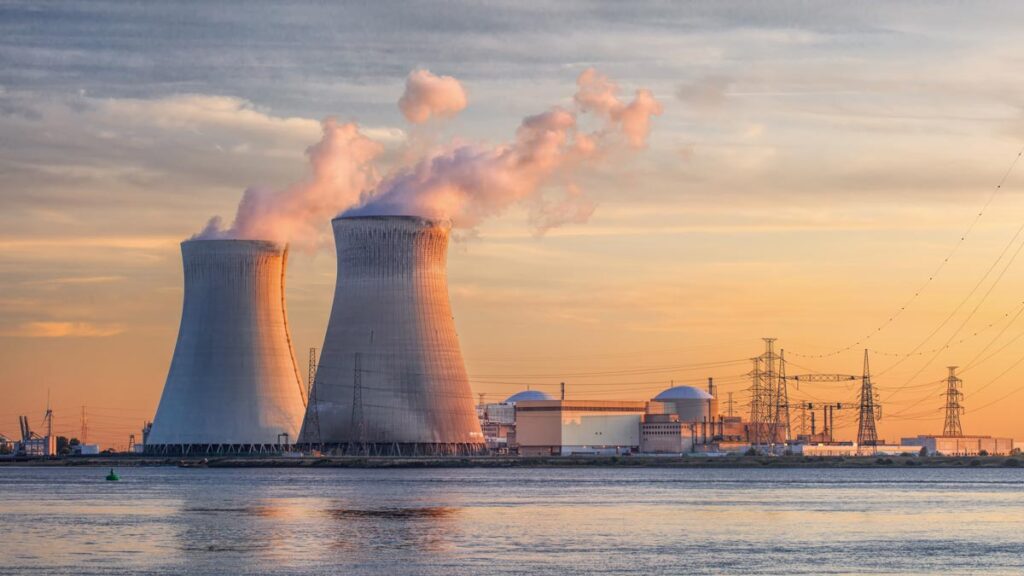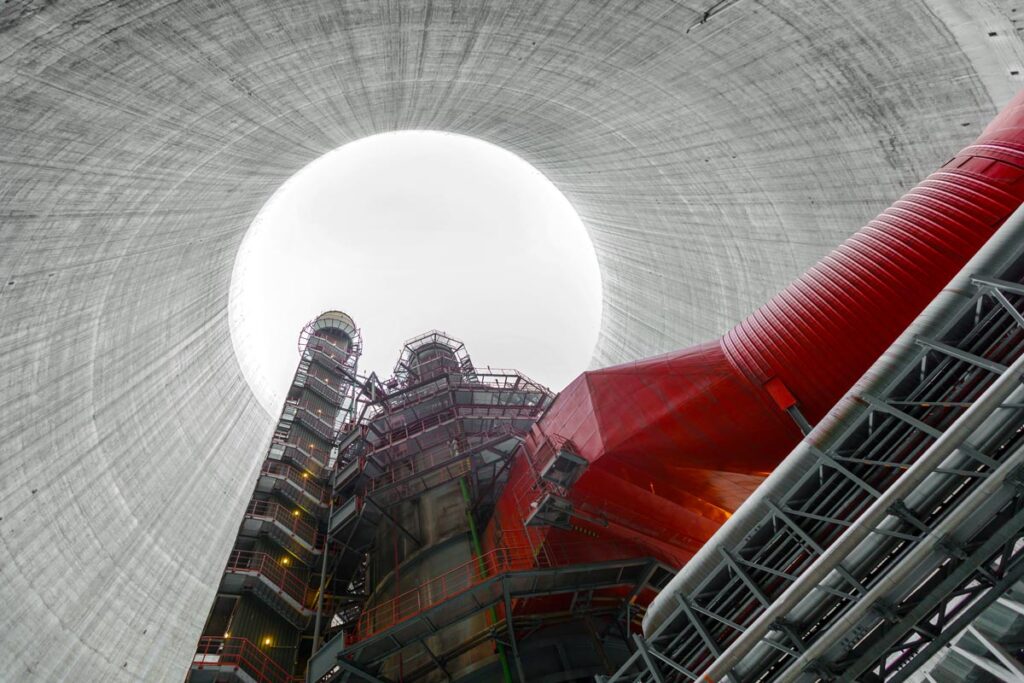
In an era where the quest for cleaner, more sustainable energy sources dominates global discussions, the nuclear industry emerges as a pivotal player. With its capacity to produce electricity on a massive scale while minimizing environmental impacts compared to traditional fossil fuels like natural gas, nuclear power is at the forefront of shaping our energy future.
However, the complexity of nuclear reactor operations, coupled with stringent industry standards and the critical need for innovation, calls for advanced solutions. Enter ERP (Enterprise Resource Planning) technology, a transformative tool poised to streamline operations in the nuclear power industry, enhancing efficiency, safety, and compliance.
The Current State of the Nuclear Industry
The nuclear energy industry stands as a cornerstone in the global energy mix, providing a significant share of electricity with far fewer greenhouse gas emissions than its fossil fuel counterparts. At its core are nuclear reactors, marvels of engineering designed for generating electricity through nuclear fission—the process of splitting atomic nuclei to release energy.
Despite the advantages, the industry faces a myriad of challenges:
- Aging Infrastructure: Many existing reactors, pivotal in the energy supplied to numerous regions, are nearing the end of their originally designed operational lifespan. Ensuring these facilities can continue to operate safely and efficiently is a priority.
- Radioactive Waste Management: The byproduct of generating nuclear power is radioactive waste, which requires meticulous handling, storage, and disposal to safeguard public health and the environment.
- Need for Technological Advancement: To sustain nuclear industry growth, there’s a pressing need for innovation in nuclear technologies and reactor design. These advancements are crucial for improving fuel efficiency, reducing waste, and enhancing the safety and economic viability of nuclear facilities.
The Future of Nuclear Industry
The horizon for the nuclear power industry is bright with potential, fueled by innovation and a global shift toward cleaner energy solutions. The future of nuclear industry growth is intricately linked to:
- Technological Advancements in Nuclear Fission: Research and development efforts are paving the way for next-generation reactor designs that promise to be safer, more efficient, and capable of minimizing radioactive waste.
- Complementing Renewable Energy: As the world leans more on renewable sources like wind and solar, nuclear power remains indispensable. Its ability to provide stable, large-scale energy complements the intermittency of other renewables, ensuring a reliable energy mix.
- Hydrogen Production: Nuclear energy is also seen as a key player in the burgeoning hydrogen economy. Through high-temperature electrolysis, nuclear facilities can produce hydrogen, offering a pathway to decarbonize various sectors, including transportation and heavy industry.
The future also holds promise for addressing the environmental impacts of nuclear energy, with ongoing efforts to enhance fuel efficiency and manage waste more effectively. As global energy needs continue to rise, the nuclear industry’s role in providing a substantial share of electricity while contributing to environmental sustainability cannot be overstated.
The integration of ERP technology stands as a beacon of progress, offering the tools necessary to navigate the complexities of modern nuclear operations and embrace the industry’s bright future.
ERP Technology: A Game-Changer for the Nuclear Industry
Enterprise Resource Planning (ERP) technology is revolutionizing industries worldwide by providing comprehensive, integrated solutions for complex operational challenges. In the nuclear power industry, ERP technology is emerging as a critical asset for streamlining operations, ensuring compliance with nuclear industry standards, and enhancing overall plant efficiency.
Here’s how ERP is making a difference:
Enhanced Operational Efficiency
- Automated Processes: ERP systems automate routine tasks across nuclear facilities, from procurement to maintenance scheduling, allowing for more efficient use of resources and reducing the potential for human error.
- Predictive Maintenance: Leveraging data analytics, ERP can predict equipment failures before they occur, ensuring that nuclear power reactors operate smoothly and without unexpected downtimes, thus enhancing the reliability of energy supplied.
Compliance and Safety
The nuclear industry is governed by strict regulations to ensure the safety of operations and minimize environmental impacts. ERP systems help manage compliance by:
- Tracking Regulatory Changes: Keeping up to date with the latest regulations and ensuring that all operations are in compliance.
- Document Management: Securely storing and managing documents related to nuclear reactor operations, safety procedures, and waste management protocols.
Innovation in Nuclear Technologies
ERP systems support the nuclear industry’s growth by facilitating innovation in reactor design and nuclear technologies. They enable:
- R&D Management: Organizing and tracking research and development projects, ensuring that they align with industry goals and compliance standards.
- Collaboration Tools: Facilitating communication between engineers, scientists, and other stakeholders involved in the development of new nuclear technologies.
Sustainability and Environmental Management
As the nuclear industry seeks to minimize its environmental footprint, ERP technology plays a crucial role in managing the environmental aspects of nuclear power generation.
- Radioactive Waste Management: ERP solutions help in tracking and managing the disposal of radioactive waste, ensuring adherence to environmental standards.
- Integration with Renewable Energy: ERP systems can manage the integration of nuclear power with other renewable energy sources, like wind and solar, to create a more diversified and sustainable energy mix.
The Role of CTND in the Nuclear Industry’s Future

Cre8tive Technology & Design (CTND) is at the forefront of providing ERP solutions tailored to the unique needs of the nuclear energy industry. Our ERP solutions are designed to help nuclear facilities manage their complex operations more effectively, from plant operation to compliance and environmental management.
With CTND’s ERP technology, nuclear power reactors and facilities can:
- Achieve higher operational efficiency and reliability.
- Ensure rigorous compliance with nuclear industry standards.
- Foster innovation in nuclear reactor design and technologies.
- Enhance their contribution to a sustainable global energy mix.
The Bottom Line
The nuclear industry is on the brink of transformation, driven by the need for cleaner energy, technological innovation, and operational efficiency. ERP technology, with its ability to streamline operations, support compliance, and facilitate innovation, is a cornerstone of this transformation.
As the nuclear industry continues to evolve, embracing ERP solutions like those offered by CTND will be crucial for its success, ensuring that nuclear power remains a key pillar of the global energy landscape.
